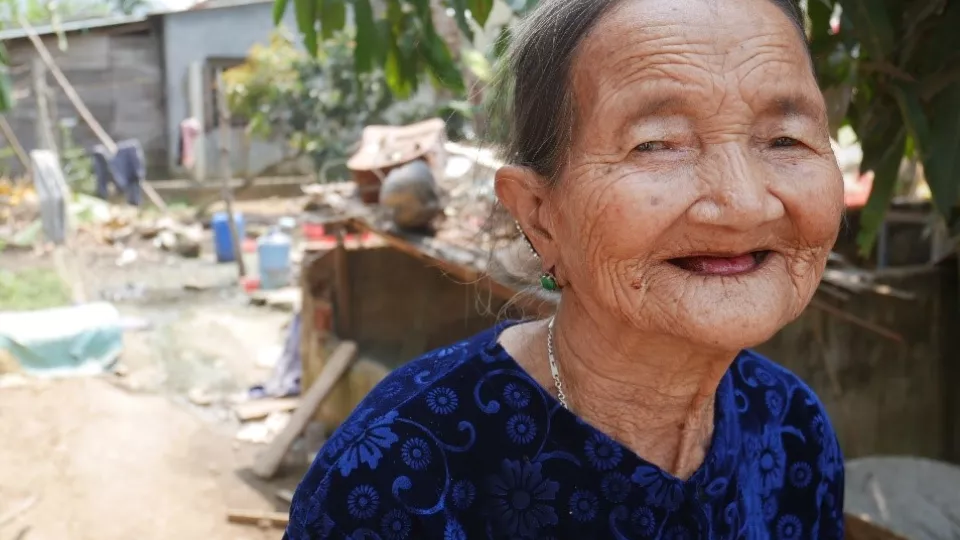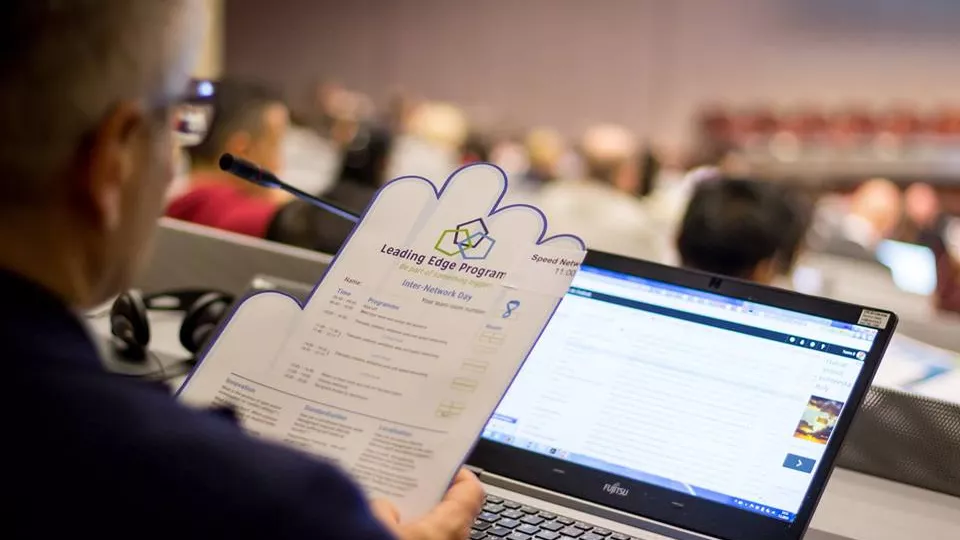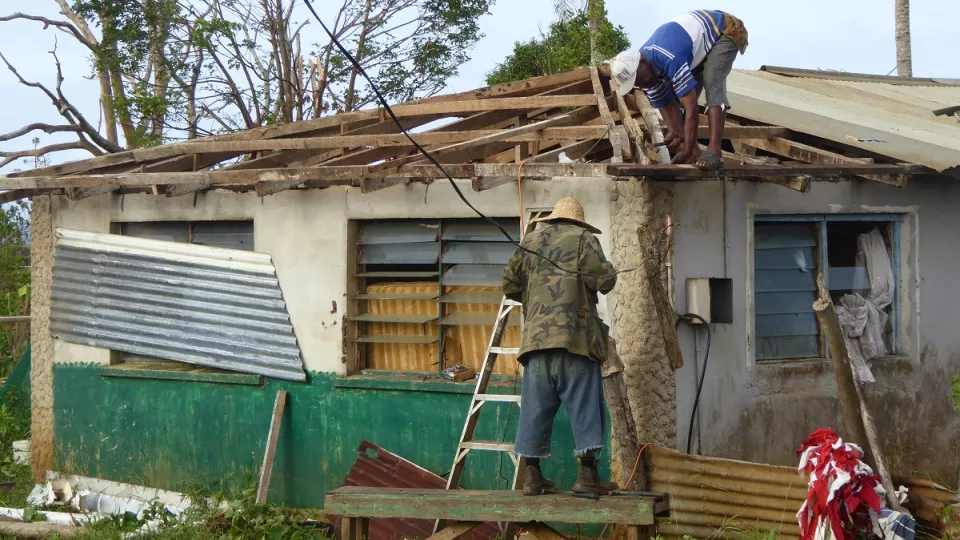Protection Cluster Protection Mainstreaming Training Package - English
The Protection in Practice project, part of the Disasters Emergencies Preparedness Programme, aims to build the capacity of national staff to deliver activities which ensure the protection of civilians during times of crisis, while transforming the sector’s approach to protection. The humanitarian community, along with the United Nations as a whole, has taken critical steps in the last decade to emphasise the fundamental importance of protection in responses to humanitarian crises. Today, in view of the number of complex and concurrent emergencies, it has never been so critical for all humanitarians to ensure that their activities have a positive impact on the protection of displaced and affected populations.




